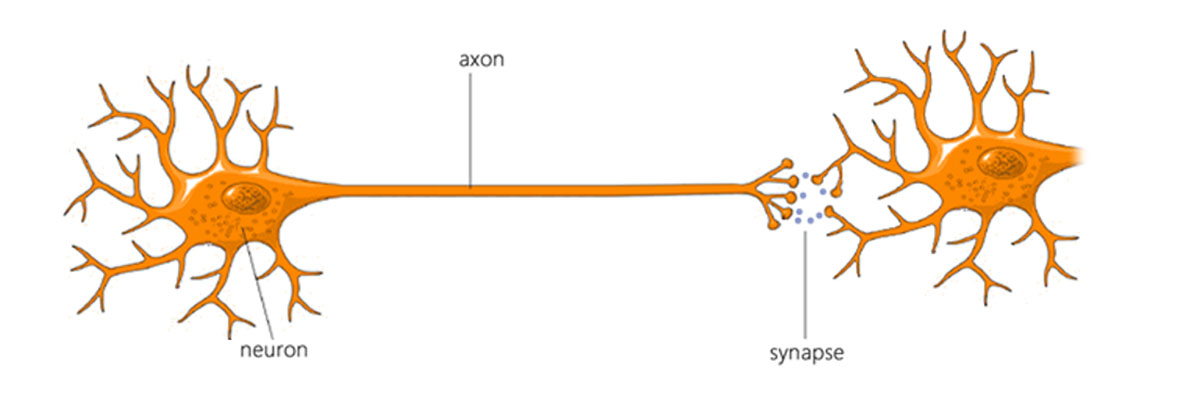Some specialists recommend lifestyle changes or explain how mindful eating can improve your gut health, often called the ‘second brain,’ as it can indirectly influence brain chemistry. Others suggest consuming superfoods or taking supplements that have been shown to boost dopamine, serotonin, or GABA levels in the brain.

Many also highlight the benefits of physical exercise, breathwork, cold showers, ice baths, and practices like mindfulness and meditation, all of which can stimulate the activity of these neurochemicals.
No one has created such a comprehensive collection of tools for positively influencing the nervous system like Stanford professor Andrew Huberman. His podcasts and instructional videos, followed by millions online, cover many essential topics that we should have learned in school but didn’t.
You Cannot Simply Boost Your ‘Happy Hormones’ To Feel Good When Your Brain Holds Them Back on Purpose
These practices can certainly have a positive impact on both mental and physical well-being, and some may even lead to life-changing improvements. However, the main reasons why your brain might still withhold mood-enhancing neurochemicals, even when they’re plentiful, are rarely discussed. If you truly want to take control of how you feel in any situation, understanding this is more important than all other helpful lifestyle advice.
Why Better Understanding Your Stress Mechanisms is the Most Important Key to Control Your Mood Regulating Neurochemicals

When your brain decides it’s better for you to be in a bad mood in a given situation, it usually does so by blocking the release of your ‘happy hormones’ like dopamine, serotonin, or GABA, in order to lock you into a negative mental state.
This response is actually a clever survival mechanism. In the ancient past, feeling stressed, anxious, in the face of threats or being unmotivated to act when success was uncertain was the right programming for your brain.

In our hunter-gatherer days, avoiding uncertainty and only chasing prey when we were confident of catching it was a smart way to conserve energy and increase survival chances.
Even though modern life no longer poses constant survival threats, our brains still operate with this old programming. This means they can put us in a negative mood and block motivation when we face uncertainty, worry, or tasks that require significant effort without a guaranteed quick payoff. Unfortunately, modern life presents countless situations that trigger these automatic responses.
If you enter a bad mood for such a reason, maintaining a healthy lifestyle, taking supplements, cold showers, or using other mood enhancing techniques can make you feel somewhat better. However, as long as you don’t address your inappropriate subconscious responses to modern day challenges, it will be nearly impossible to reliably improve your mood in any of those ways.
Only by Learning How to Change Your Brain’s Reactions to Negative Triggers Can You Gain Reliable Control Over How You Feel

Wise Buddhist philosophers realized thousands of years ago that people do not fundamentally suffer from the uncertainties and challenges in their lives, but from how they respond to them. They teach that while we cannot control everything in our lives, we can learn to fully control how our brain respond to what happens.
The most important findings in neuroscience align perfectly with this ancient Buddhist wisdom. Stress, bad moods, and lack of motivation are all caused by our uncontrolled subconscious responses to certain triggers, rather than by the triggers themselves.

By applying the right methods, we can learn to change our automatic subconscious responses. We can train our brain to stop leading us into stress, bad moods, and a lack of motivation when faced with negative triggers.
There are thousands of pathways between our conscious and subconscious brain regions. By identifying and activating the right ones, we can consciously induce different moods and feelings in ourselves. When facing negative triggers, we can effectively overwrite our default problematic responses. Neuro-Reflective Thinking is an excellent science-based method that teaches us, step by step, how to do this.
Only by learning to influence our subconscious brain’s stress responses, which sometimes suppress the activity of mood-balancing neurochemicals against our will, can we reliably access the best version of ourselves every day.
